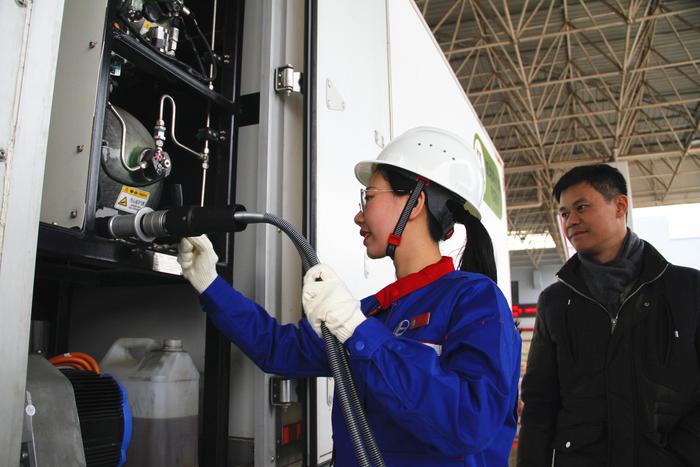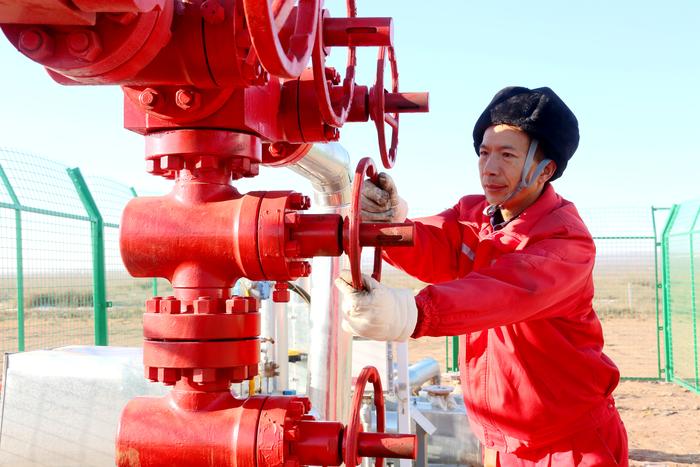|
| 2020-12-21 来源: 中国石化新闻网 |
| 石化新闻 |
中国石化新闻网讯 据油气新闻12月16日消息称,欧盟委员会周二提出限制对天然气项目的资助,转而将资金投入低碳技术,以实现气候目标。 欧盟委员会周二提议重新修订相关规定,过去10年欧盟将47亿欧元(合57.1亿美元)的现金用于能源项目,包括电网和天然气管道。 该提案将专门的石油和天然气基础设施排除在规定之外,从而证实了路透社此前报道的计划草案。 欧盟能源专员卡德里·西姆森(Kadri Simson)表示:“我们越接近气候中性的目标,天然气就越会被可再生能源和低碳气体所取代。” 他指的是欧盟到2050年消除温室气体净排放的目标。 这些规定需要得到欧盟国家和欧洲议会的批准,将使更多低碳技术有资格获得资助。 这包括输送氢气的管道,将海上风电场与国家电力系统连接起来的海上电网,以及将低碳气体整合到电网中的“智能燃气网”。 根据TEN-E规定,欧盟资助旨在调动国家政府和私营部门的资金以帮助调动满足欧洲气候目标所需的巨额投资—根据欧盟自己的估计,这十年包括650亿欧元的氢基础设施投资。 一些欧盟议员和活动人士表示,这些规定未能阻止对化石燃料的资助,因为它们可以支持管道运输从天然气中产生的氢气,这一过程会导致二氧化碳排放。 韩婷 摘译自 油气新闻 原文如下: EU to shift funding away from gas, into low-carbon energy The European Commission on Tuesday proposed rules to restrict funding for natural gas projects and instead funnel cash into low-carbon technologies to meet climate goals. The Commission on Tuesday proposed a rewrite of the rules, which guided 4.7 billion euros ($5.71 billion) in EU cash to energy projects over the last decade, including power grids and gas pipelines. The proposal excludes dedicated oil and gas infrastructure from the rules, confirming draft plans previously reported by Reuters. “The closer we move to our climate neutrality target, the more natural gas will be replaced by renewables and low-carbon gases,” EU energy commissioner Kadri Simson said, referring to the bloc’s goal to eliminate its net greenhouse gas emissions by 2050. The rules, which need approval from EU countries and European Parliament, would make more low-carbon technologies eligible for funding. These include pipelines to carry hydrogen, offshore power grids to link wind farms at sea to countries’ electricity systems, and “smart gas grids” that integrate low-carbon gases into the network. EU funding under the TEN-E rules aims to leverage cash from national governments and the private sector, to help mobilise the massive investments needed to meet Europe’s climate aims – including 65 billion euros in hydrogen infrastructure investments this decade, by the EU’s own estimates. Some EU lawmakers and campaigners said the rules failed to block funding for fossil fuels, since they could support pipelines to carry hydrogen produced from natural gas in a process that causes CO2 emissions. |








